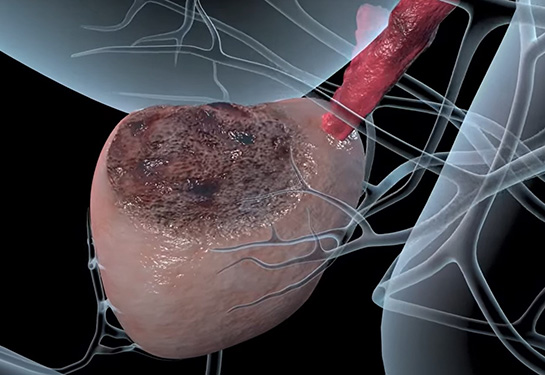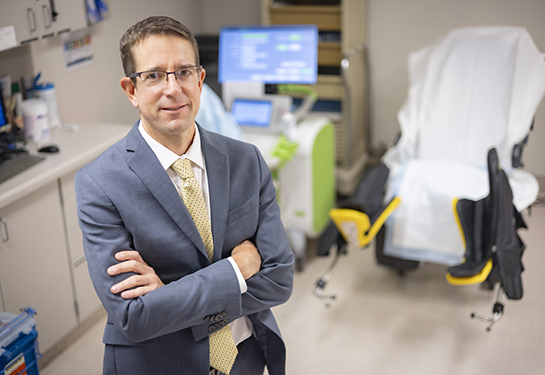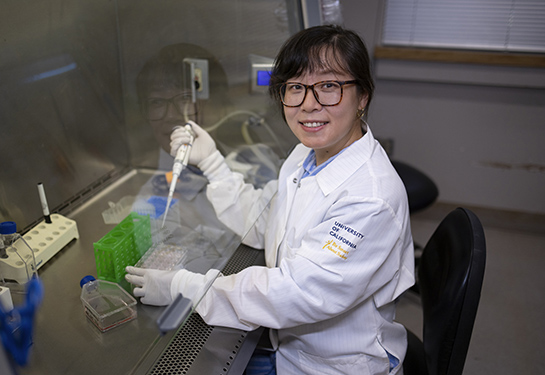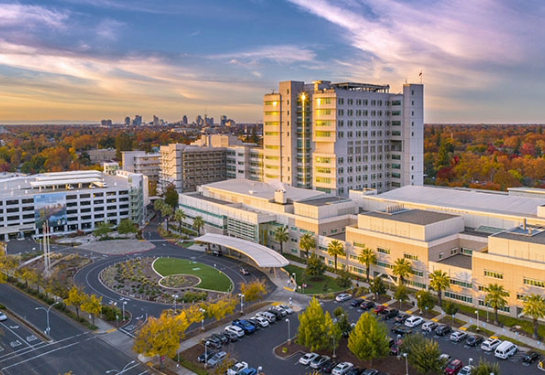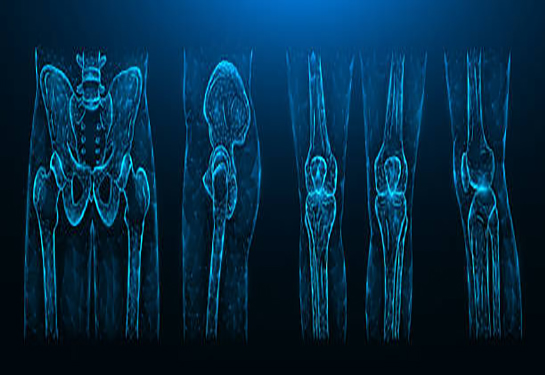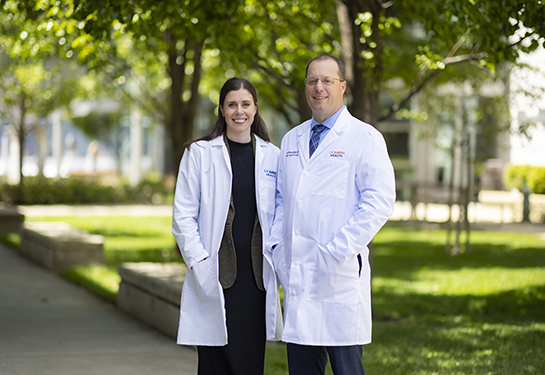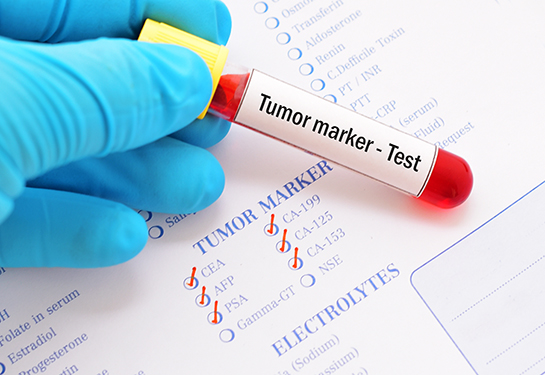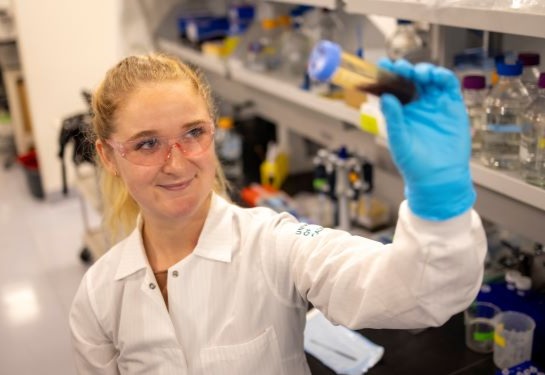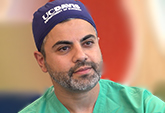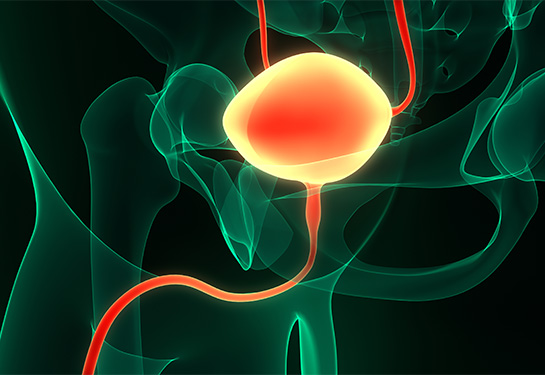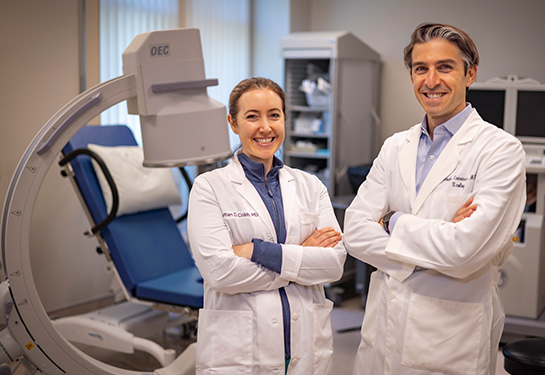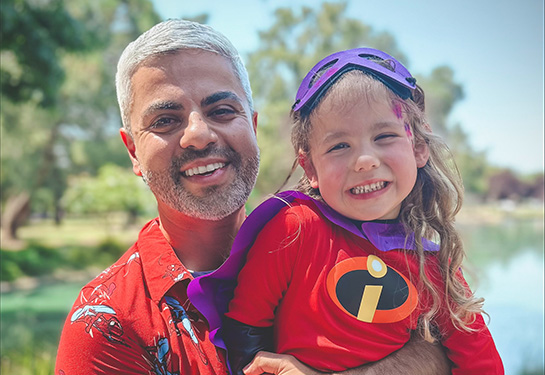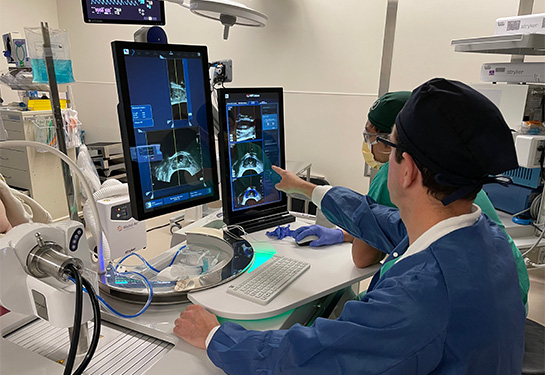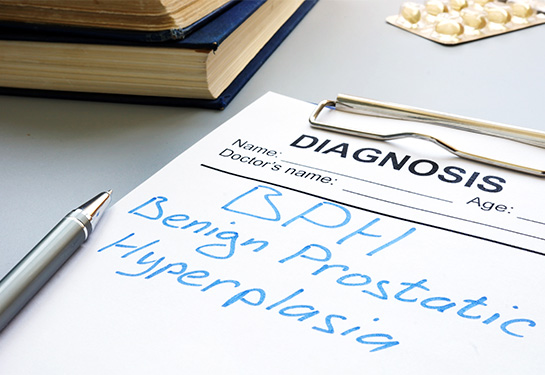-
November 17, 2025
New drug developed at UC Davis offers hope to bladder cancer patients
UC Davis Health researchers have developed a new drug with the potential to reduce chemotherapy side effects and spare patients from bladder removal surgery.
Read More
-
October 02, 2025
Advanced tissue imaging to improve prostate cancer surgeries
A new imaging technology that could help surgeons preserve the prostate function after prostatectomy, shorten the recovery time and avoid unneeded post-surgery radiation.
Read More
-
September 26, 2025
UC Davis completes 100th prostate cancer procedure using high-intensity ultrasound
UC Davis Health is now a high-volume center to treat prostate cancer through advanced therapy using high-intensity focused ultrasound.
Read More -
September 08, 2025
Summer issue of Synthesis is available online
The latest issue of Synthesis is online. Keep abreast of cancer center news and follow the progress being made in the fight against cancer.
Read More
Focal Therapy for Prostate Cancer: HIFU Robotic Treatment Explained | UC Davis Health
-
August 01, 2025
UC Davis scholar’s prostate cancer research gets federal funding boost
UC Davis cancer researcher gets $480,000 grant to explore how blocking a gene activation will help stop prostate tumor growth and overcome resistance to treatment.
Read More
-
July 29, 2025
UC Davis Medical Center ranked as top hospital in the Sacramento region
UC Davis Medical Center is the No. 1 hospital in the Sacramento region and No. 7 in California, according to U.S. News & World Report.
Read More -
July 15, 2025
Orthopaedic Surgery receives over $2.2 million in research funding from defense department
More than $2.2 million in Department of Defense research funding is headed to Orthopaedic Surgery scientists to study bone and joint health.
Read More -
July 01, 2025
What does a career look like at UC Davis Health? Five retirees reflect
From a high school biology teacher turned medical dean, to a nurse who led through the pandemic, to a behind-the-scenes powerhouse with HEDI – this year’s retirees reflect the breadth of experience and dedication that define UC Davis Health.
Read More -
July 01, 2025
Cancer center’s urologic oncology team expands
The surgery team for treating cancers of the urinary tract welcomes two new urologic oncology surgeons.
Read More
-
June 18, 2025
UC Davis Health patient throws pitch for prostate cancer
UC Davis Health patient is a big hit at A’s game as he throws first pitch to raise prostate cancer awareness.
Read More
-
May 29, 2025
Biomarkers hold clue in treating aggressive prostate cancer
Gene mutations are likely to play a key role in treating aggressive prostate cancer, according to a new UC Davis clinical trial creating hope for men.
Read More -
May 19, 2025
Former President Joe Biden’s prostate cancer diagnosis is all too common in men
In light of former President Joe Biden's advanced prostate cancer diagnosis, experts warn the number of cases is expected to rise sharply in coming years. Fortunately, treatment advances are increasing.
Read More
Why Joe Biden’s Prostate Cancer Was Likely Not Caught Sooner – A Surgical Oncologist Explains
-
March 07, 2025
Marc Dall’Era named chair of the Dept. of Urologic Surgery
The UC Davis School of Medicine has appointed Professor Marc Dall’Era as chair of the Department of Urologic Surgery.
Read More -
March 04, 2025
NIH research funding fuels innovation and health discovery
The Blue Ridge Institute for Medical Research ranked UC Davis School of Medicine among the nation’s leading medical schools in terms of NIH grants, with funding of around $210 million.
Read More
-
December 03, 2024
3D models provide road map to cloacal repairs
Three-dimensional printed models, created at the 3D PrintViz Lab on the UC Davis Health campus, have helped surgical teams plan for cloacal surgery in children. These models provide a veritable road map that makes all the difference.
Read More
-
November 22, 2024
UC Davis Health is first in the region to launch unique bladder cancer clinical trial
A new clinical trial is available for bladder cancer patients in Northern California who previously faced few treatment options.
Read More
-
July 30, 2024
UC Davis Health expands complex kidney stone care
Kidney stones plague 1 in 10 people. UC Davis Health is expanding its kidney stone clinic to keep up with the rising number of cases.
Read More -
July 19, 2024
Clo-yay-ca Party celebrates kids with rare congenital malformation
UC Davis Children’s Hospital and Shriners Children’s Northern California hosted a party for pediatric patients who have had cloacal repair.
Read More
-
February 07, 2024
Cancer center first in region with prostate cancer therapy
The cancer center is first in the region to use high-intensity focused ultrasound to treat prostate cancer while reducing recovery time and side effects.
Read More
-
January 18, 2024
Enlarged prostate: King Charles has the condition. What are the symptoms and is it serious?
Enlarged prostate is common in older men. A UC Davis Health urologist explains symptoms and treatment options.
Read More


